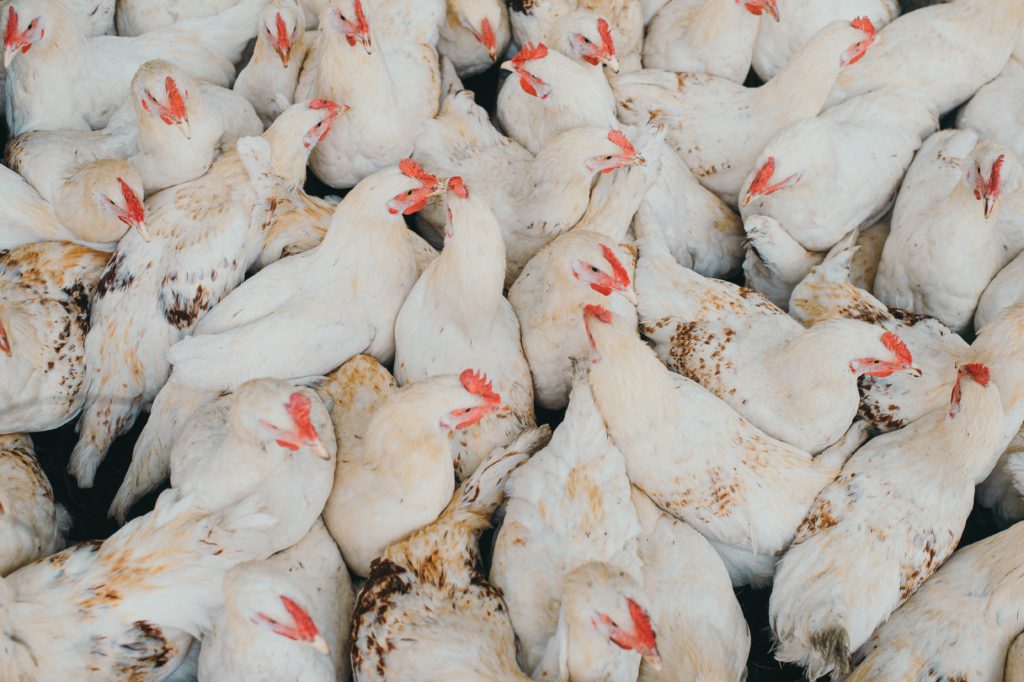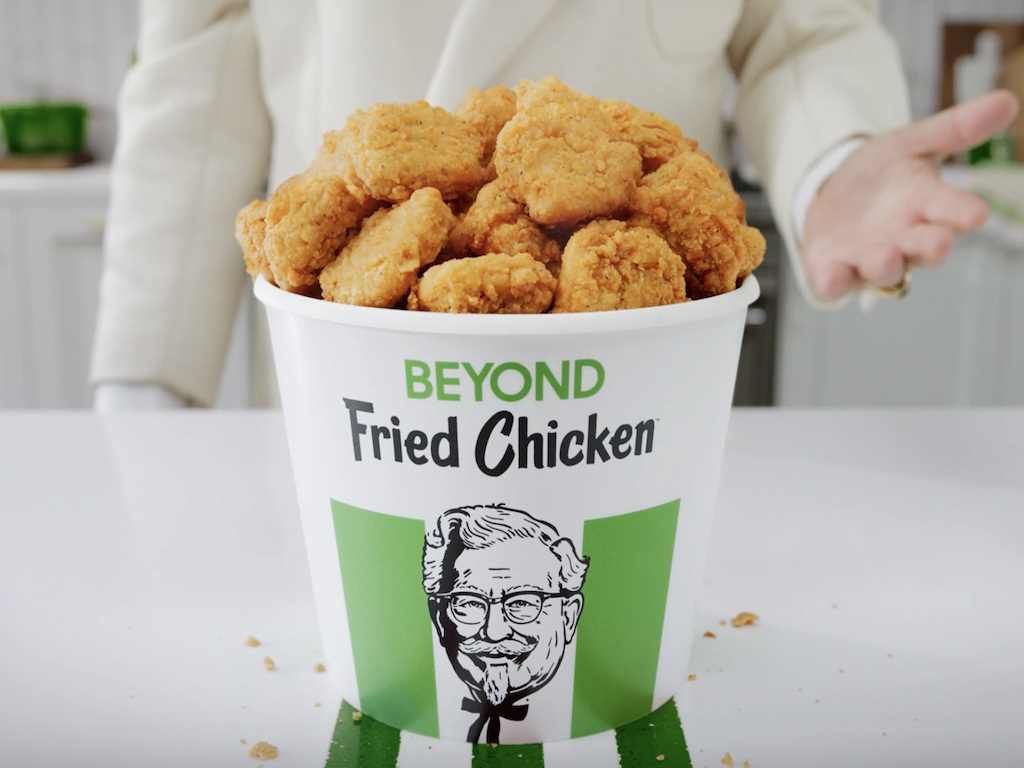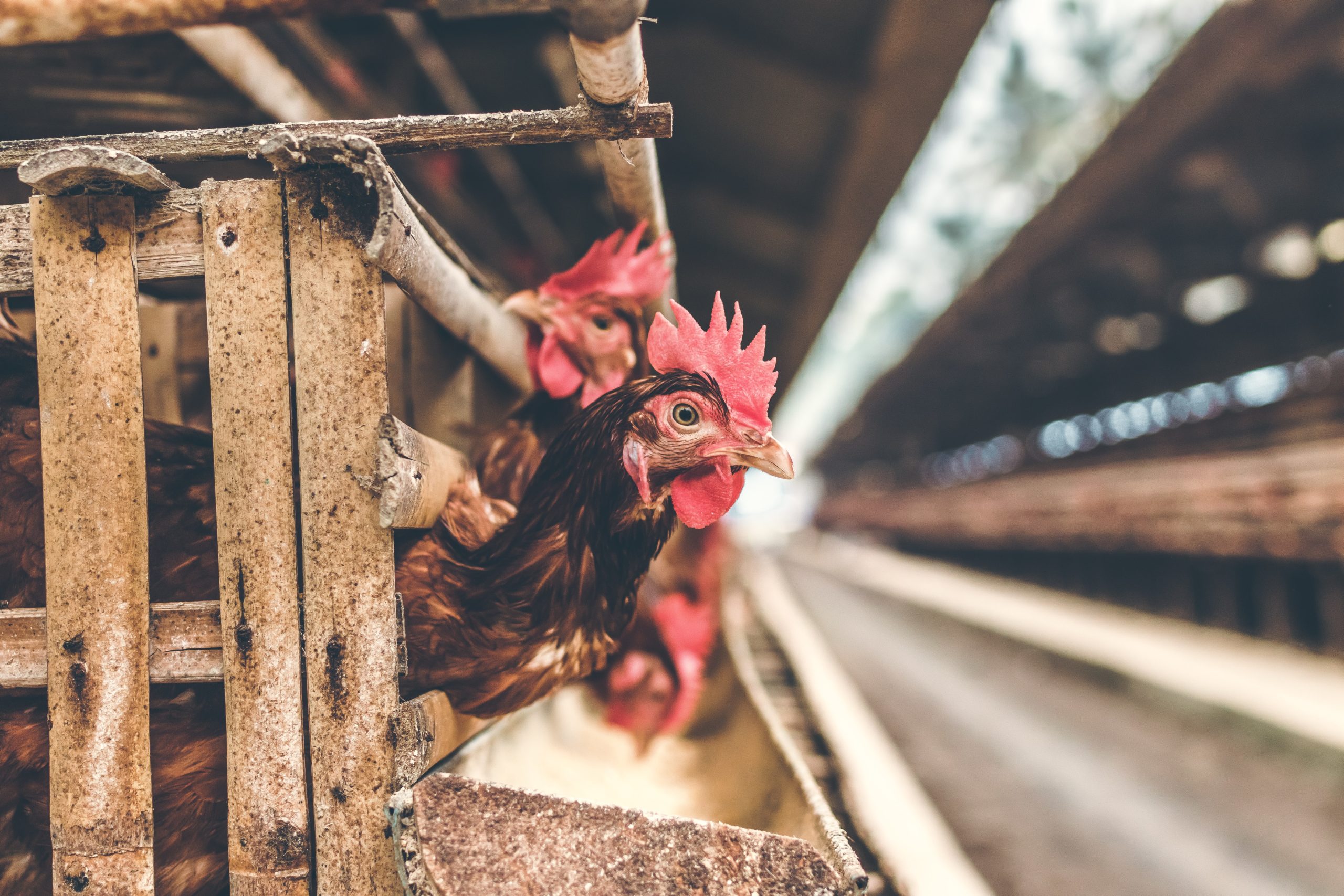New Consumer Survey Highlights Knowledge Gap In People Who Unwittingly Support Animal Cruelty
4 Mins Read
Vegan fried chicken company VFC commissioned an online survey of 5,204 people. A majority revealed that they have little to no knowledge of how chickens are farmed in the UK. Most surveyed claimed that shopping and eating habits would be altered by increased knowledge of animal cruelty.
A majority of respondents claimed to be animal lovers, disagreeing with factory farming methodologies. Few realised that this is standard practice in the U.K. When shown a picture of typical factory farm conditions, just 16 percent said they would still buy chicken knowing that animal cruelty was standard practice.

Testing existing knowledge
80 percent of respondents felt it is important to know where food comes from. The VFC survey asked two questions to gauge base-level knowledge about how chicken meat is produced in the U.K. They were: what percentage of chickens are factory farmed in the UK? and how old are chickens when they are slaughtered?
Factory-farmed birds make up around 95 percent of the chicken industry. Less than 15 percent of those surveyed chose the 75-100 percent bracket. Tellingly, most people thought chickens are slaughtered between three and six months of age. Six weeks is the real timeframe.
“It’s clear that people do not like factory farming and want more information about the provenance of their food, but they are not being told that the chicken meat on supermarket shelves came from birds who have spent their whole short lives inside a factory farm shed,” Matthew Glover, co-founder of VFC and Veganuary said in a statement. “More than 70 percent of people said they would be less likely to buy chicken if the pack made clear that animals may have suffered in the production but, of course, this information is withheld from them.”
Wider impacts to understand
Commercial factory farming of chickens is a destructive enterprise. It affects the well-being of millions of animals every year and impacts the environment. Links to climate change via water pollution, deforestation, and wildlife reduction have all been identified. One-third of survey respondents said they would be less inclined to buy chicken if these facts were printed on food packaging.
“It suits the meat industry to keep such negative impacts quiet, but people deserve honesty so that they can make choices that are in line with their own principles of compassion, and that are good for the planet,” Glover said. “We believe that the packaging of meat products should declare the conditions that animals were forced to endure, including whether the birds suffered debeaking, and how many birds on that farm did not survive the factory farm ordeal. Then we will see a seismic shift away from cheap meat and the outdated, reckless practice of factory farming.”
Pertinent to VFC, more than two-thirds of survey participants said they would buy vegan fried chicken products. The caveat was that they would need to taste as good as conventional options. Negating animal cruelty was not the chief motivator.

Alternatives to factory farming
Consumers are creating demand for cruelty-free chicken products. In response, brands are innovating and partnering with restaurant chains to maximise access to animal-free meat.
This month has seen numerous fast-food announcements. Plant-based chicken menu items have been added to traditional chicken giants KFC and Mary Brown’s in Canada. None of the options are vegan-friendly due to cooking methods but still represent a significant shift.
Burger King U.K. got in the Veganuary spirit with a partnership with The Vegetarian Butcher. It launched the first fast-food chicken nugget alternatives in the U.K. at the beginning of the month. A recent segment on daily talk show This Morning saw presenters unable to tell the difference between standard and vegan nuggets.
Over in the U.S. KFC is working with Beyond Meat to bring vegan fried chicken to its menus for a limited time. All 4,000 locations will serve the animal-free option, with company president Kevin Hochman claiming “it’s time”.
Lead image courtesy of Unsplash via Chickens And You.




